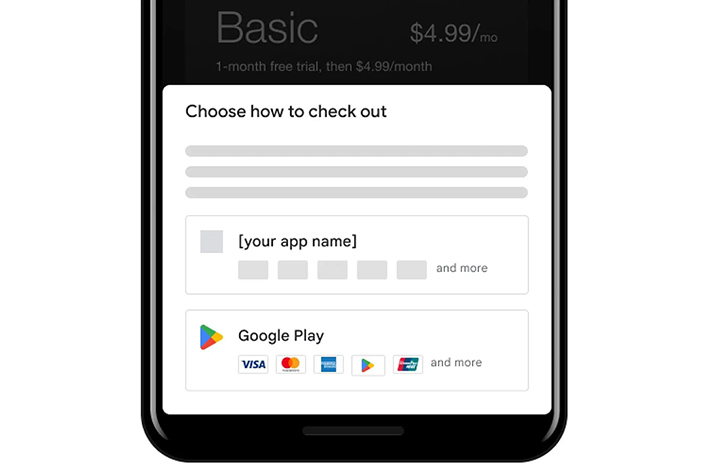Google Settles 50-State Antitrust Lawsuit With Key App Store Changes And $700M Payment
The $700 million payment is equivalent to about 21 days of Google Play operating revenue. Of the total, $629 million will go directly to consumers who may have overpaid for Android apps due to Google's practices. So, regular app buyers could get a meaty check in the mail, eventually—Google says it's up to the court to handle distribution of those funds. $70 million of the settlement will go to states to use as they see fit, and $1 million is set aside for administrative fees.
The other side of the agreement consists of operational changes intended to make app distribution more fair, but importantly, Google managed to get time limits attached to all of the stipulations. For example, Google will allow OEMs to more tightly integrate third-party app stores, and devs won't have to ship Android apps at the same time as iOS. Sounds good, right? Sure, but Google only has to do that for four years.
The Android maker also agreed to let developers charge lower prices and will expand User Choice Billing (below) to facilitate that. Likewise, Google won't pitch a fit about the prominent placement of third-party app stores on phones, and installing apps will require fewer scary prompts. These agreements are valid a bit longer at five years. Google will also allow developers to promote lower outside app pricing and list Google Play fees where users can see them. These rules are in place for six years.

The longest term for the settlement is a seven-year agreement stating that Google will support the installation of third-party apps. Of course, Android has supported that feature for its entire history, but Google managed to convince negotiators that it should only be required to do that for seven years.
Even more changes could be coming to the Play Store soon. The jury in the Epic vs. Google case found in favor of Epic, but the judge has not decided on penalties yet. It's possible these time-limited concessions will be superseded by the ruling in that case.


